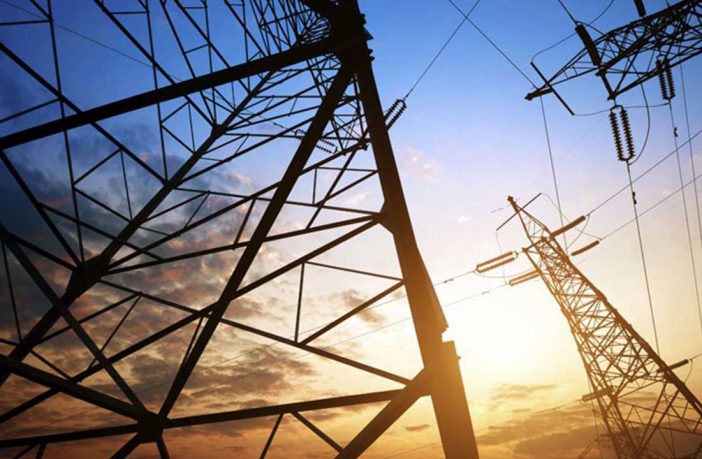- South Africa: the Nelson Mandela Bay Business Chamber (NMBBC) and the Pietermaritzburg and Midlands Chamber (PMCB) have jointly filed papers to legally challenge the National Energy Regulator’s (Nersa) municipal tariff methodology which is used to determine and approve electricity tariffs charged by municipalities.
- The two business chambers claim that the methodoly used by Nersa is unlawful.
- Electricity is a significant income generator for municipalities across the country.
The methodology is based on guidelines and benchmarking rather than on the cost of supply which is being stipulated in the legislation.The two business chambers claim that current methodology is thus an enabler for municipalities to implement excessive tariffs and then to utilise this to fund escalating electricity losses which are the result of their own inefficiencies, among which includes the lack of maintenance of infrastructure as well as rampant cable theft. This has resulted in tariff differentials between distributors in South Africa being as high as 60%, creating unacceptable regional distortions in electricity costs across the country.
“We are very concerned about the current dysfunctionality of the external operating environment and the associated unacceptable escalating costs of doing business and in particular the sustainability of electricity supply,” says Denise van Huyssteen, CEO of the NMBBC. “The continued unlawfulness of the municipal electricity tariffs could lead to uncontrollable escalations from current tariff levels. Furthermore business is under tremendous pressure in relation to electricity pricing as Eskom is applying for increases exceeding 20%. In such an environment, continued excessive mark-ups from Municipalities will exacerbate pressure on Municipal consumers and in particular on businesses who are dependent on electricity for the continuity of their operations. This is clearly an unsustainable situation for businesses who are reeling from the economic repercussions of the pandemic and the July civil unrest.”
Releated news: Municipalities in South Africa Apply to High Court for Exclusive Right to Distribute Electricity, Even in Eskom Areas
The two Business Chambers have participated in year-long consultations on this issue where Nersa has confirmed that they will not review their methodologies without a legal challenge. “We have therefore determined that we have no other option but to embark upon a legal challenge to halt the implementation of unlawfully high tariffs, which will result in industry paying for inherent inefficiencies in the system,” says Melanie Veness, CEO of the PMCB Chamber. “Our challenge seeks for the methodology for municipal customers to be based on the efficient cost of distributing electricity, excluding mark-ups which are not permitted for municipal customers. “We believe that the guideline and benchmarking methodology is inconsistent with electricity legislation and therefore unlawful, and as such licensees should only be permitted to recover efficiently-incurred cost of supply plus a reasonable margin.”
Veness points out that electricity income accounts for a substantial portion of the total revenue of municipalities. “The reality is that electricity income is not spent exclusively on electricity and is utilised to cross-subsidise other municipal functions. If tariffs are approved without the efficiency of the costs being interrogated, there is no real incentive for municipalities to spend electricity income on infrastructure or to address theft, waste, fraud and corruption in the electricity system.”
“The private sector is simply expected to carry the cost of these losses and inefficiencies. With Eskom’s tariffs having increased by around 180% in real terms over the last 15 years, municipal tariffs have to be limited to efficiently incurred costs. Our joint action on behalf of our members will hopefully achieve this. We trust we can co-operate with our municipalities and come up with solutions which will enable growth and development ”
Van Huyssteen emphasises that should a positive outcome be achieved, that this would ultimately benefit all South African businesses and consumers. “This is the second time that the Nelson Mandela Bay Business Chamber has taken on a case of this nature and in 2017 we were successful in getting the North Gauteng High Court to set aside the 9.4% tariff hike granted to Eskom, thus restricting Eskom’s 2017 electricity increases to 2.2% and providing savings to businesses and consumers across the country.”
She says that the electricity challenge is being funded by member businesses of the two Business Chambers. “We urge other businesses to stand together with us and to join our legal challenge so that we can prevent exorbitant and unfair electricity increases being imposed and impacting the sustainability of business operations.”
Author: Bryan Groenendaal











